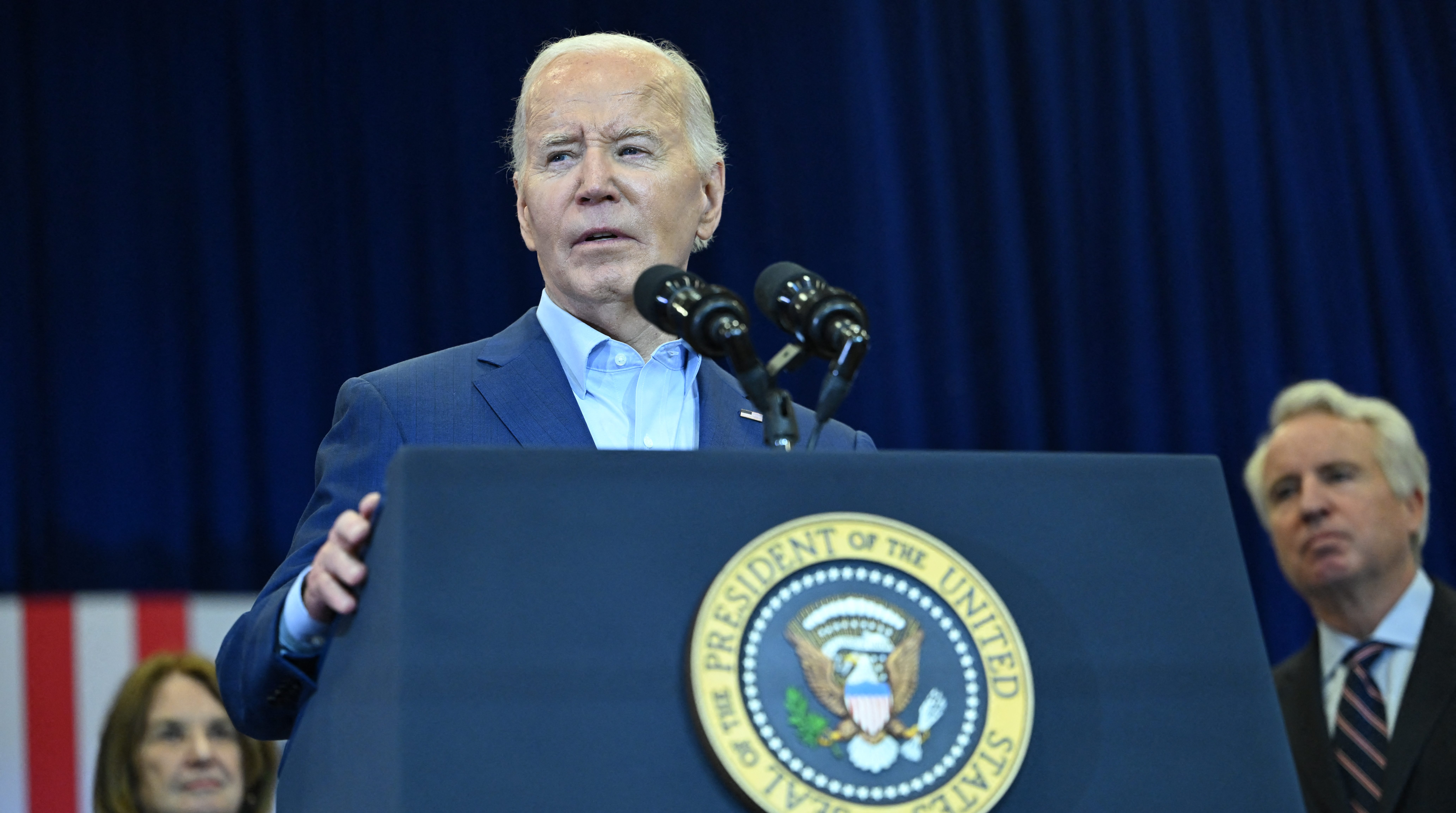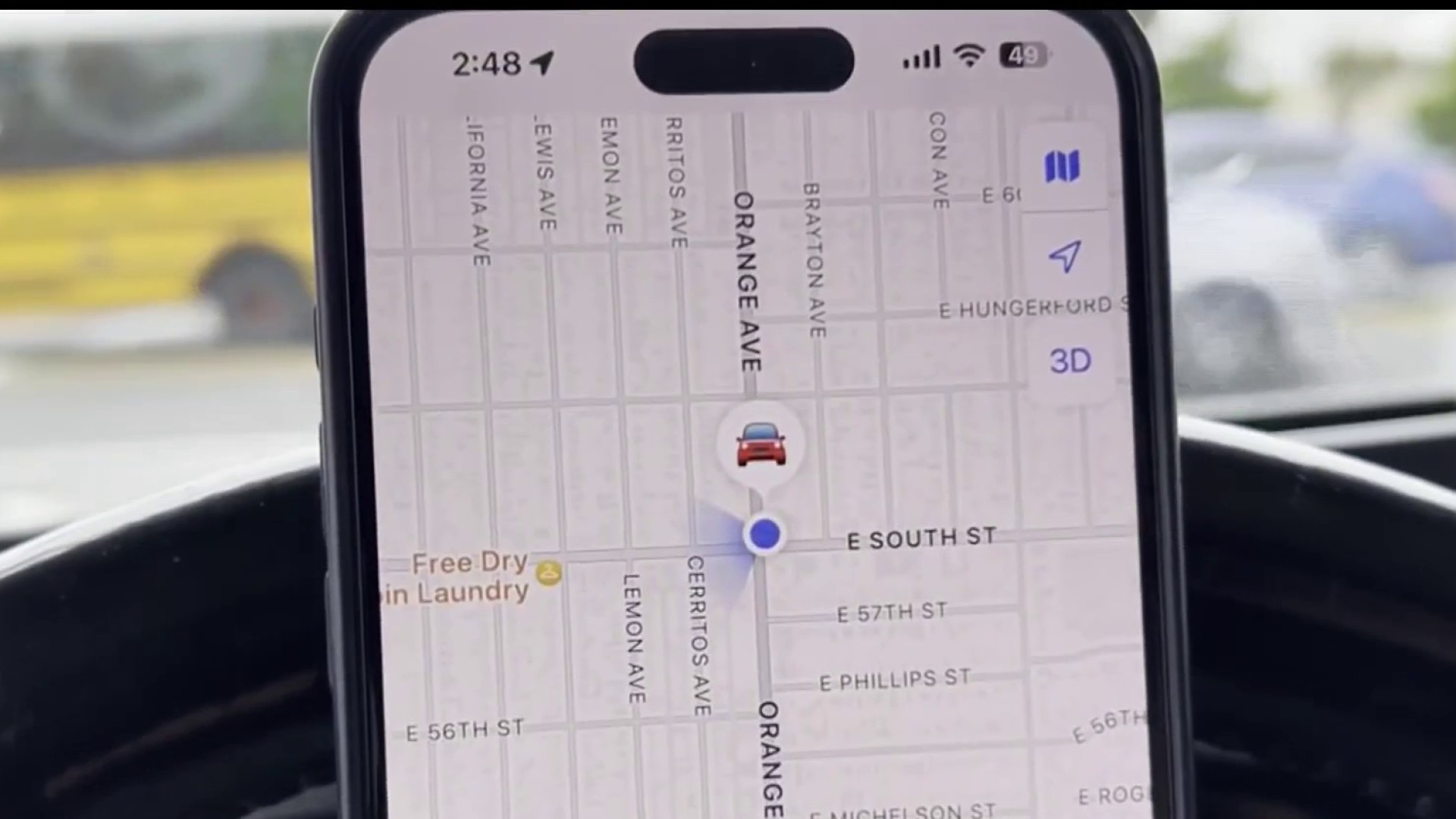Indiana’s new religious freedom law provoked fierce reaction from both sides — critics who believe it provides a poorly disguised excuse to discriminate against gays and lesbians and supporters who say it protects religious beliefs.
Gov. Mike Pence signed the law last week and but the backlash was so widespread that on Tuesday he called for additional legislation this week to clarify that the law was not a license to discriminate. He continued to insist that the bill had been mischaracterized and did not permit the denial of services to anyone, including gays and lesbians.
"Heavens no," he said, when he asked whether he expected the reaction.
The federal government and 20 other states have similar religious protection laws but some legal experts say the Indiana law broadened who could claim a religious burden and under what circumstances. Gays and lesbians are not a protected class under Indiana’s civil rights laws.
Here’s a look at who has been speaking out about the Religious Freedom Restoration Act.
Those Speaking Out Against the Law
The head of the NCAA told NBC News on Monday that he was "deeply concerned" about the Indiana law. Indianapolis hosts the Final Four in the National Collegiate Athletic Association's men's basketball tournament on Saturday.
U.S. & World
The day's top national and international news.
The chief executives of nine major Indiana-based companies wrote to Pence on Monday saying they were worried about their own employees and the reputation of Indiana. Among the companies: Angie’s List, Anthem Blue Cross & Blue Shield, Eli Lilly and Co. and Roche Diagnostics.
Salesforce, the cloud computing company, said it was canceling all company travel to Indiana and in a Washington Post op-ed, Apple CEO Tim Cook, who is gay, called the new wave of legislation dangerous.
The Indiana Chamber of Commerce called the law unnecessary.
AFSCME, the country’s largest public-employee union, said it would move a planned women's conference out of Indianapolis this year because of the law.
Among politicians, Hillary Clinton, widely expected to run for the Democratic 2016 presidential nomination, tweeted: "Sad this new Indiana law can happen in America today."
Gov. Dannel Malloy of Connecticut signed an executive order banning state-backed travel to Indiana, and called the law “disturbing, disgraceful, and outright discriminatory.” Washington Gov. Jay Inslee, New York Gov. Andrew Cuomo and the mayors of Oakland, San Francisco, Seattle and Washington, D.C., are among officials restricting government-sponsored travel to the state.
Vermont Sen. Bernie Sanders, an independent, told Fusion that Pence was on the wrong side of history.
Entertainers also took stands against the law.
The band Wilco said it was canceling a May performance.
"Parks and Recreation" star Nick Offerman canceled a comedy show in Indianapolis in May, citing the new law. But he said he would go forward with a show Wednesday at Indiana University and donate the proceeds to the Human Rights Campaign.
Supporting Indiana's Law
Texas Sen. Ted Cruz, a candidate for the 2016 GOP presidential nomination, said Pence was protecting religious liberty. Florida Sen. Marco Rubio, who is weighing a run for the Republican nomination for the presidency, said on Fox News that he thought people should be allowed to live out their religious faith.
Former Florida Gov. Jeb Bush, another likely Republican candidate, said the law would allow people of faith to express their beliefs. Speaking on the Hugh Hewitt radio show, he said that once the facts were established, he thought people would see that the law was not discriminatory.



